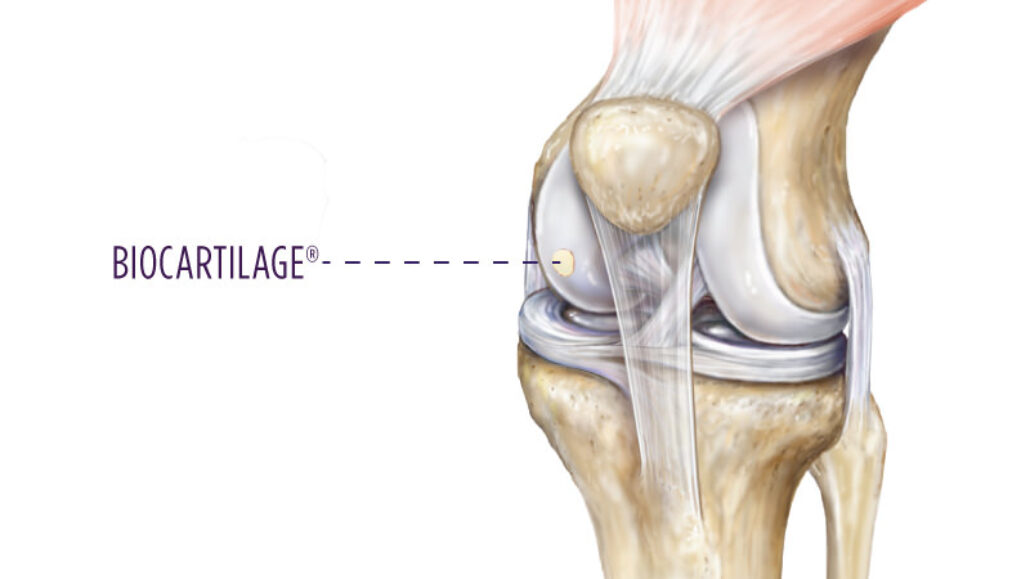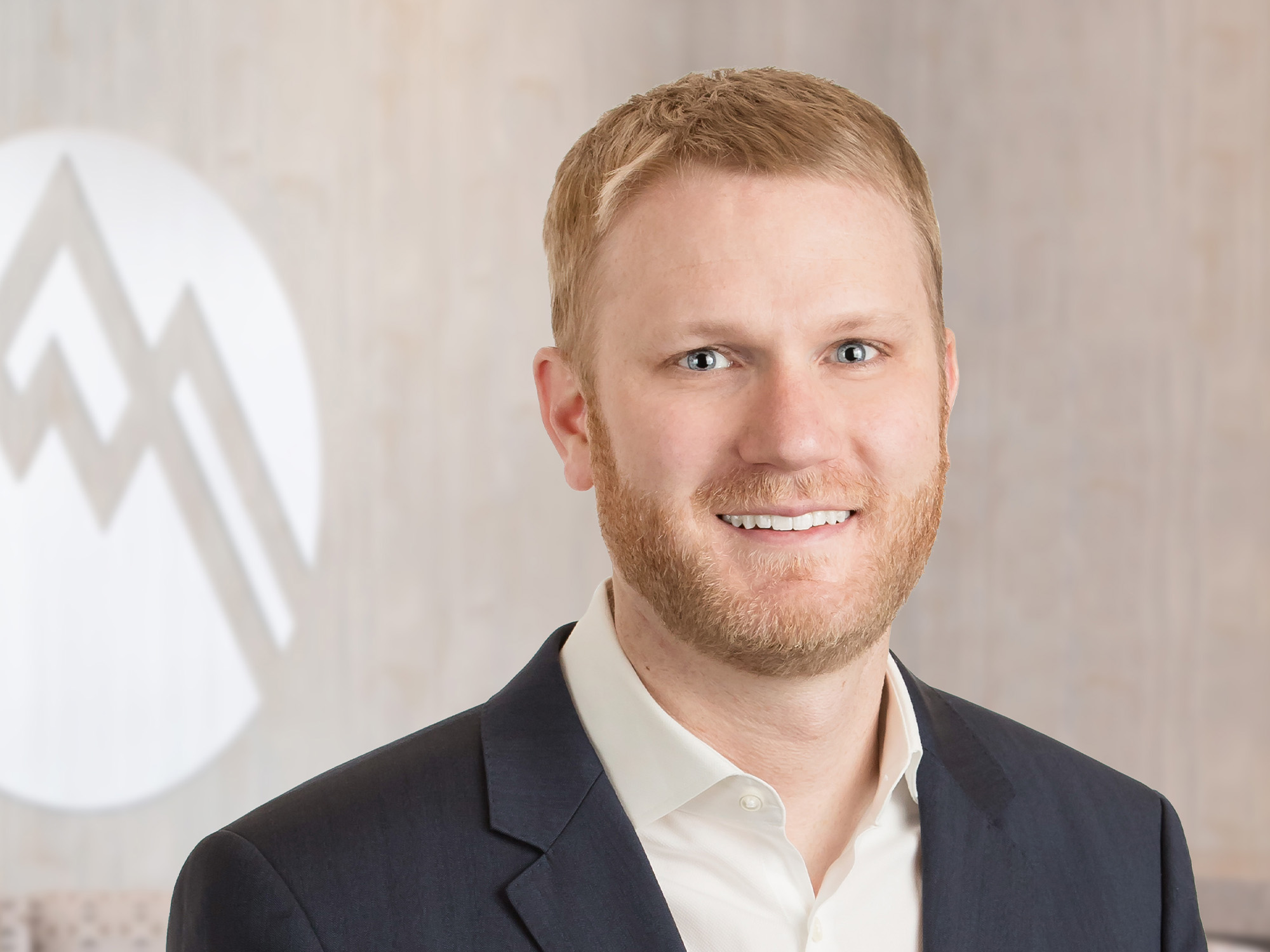Our cartilage stabilizes our knees and keeps the knee joint moving smoothly. When an injury damages cartilage and affects knee function, Dr. Skendzel explains the procedures available to treat these injuries and preserve function.
“Not all cartilage defects are created equal,” says Summit Orthopedics sports medicine surgeon Dr. Jack Skendzel, who specializes in treating athletes and other patients with knee injuries. “We offer a number of knee cartilage injury treatment options, depending on the size and location of the defect and the age of the patient.
How does cartilage surgery work?
“When there is localized damage to cartilage in an active patient up through approximately 40 years of age, there are a number of medical options available to us to try to repair the cartilage damage,” explains Dr. Skendzel. “Our techniques either stimulate new cartilage growth or replace damaged cartilage with cadaver cartilage. Although our bodies cannot regrow the articular cartilage we were born with, we can stimulate fibrocartilage regrowth. The new growth will never have the same gliding properties as the original articular cartilage, but a repair can return patients to a more active lifestyle.”
How is a cartilage injury diagnosed?
Symptoms of cartilage damage can include persistent pain, catching, swelling, locking, and crunching sensations.
“If you suspect a cartilage injury,” says Skendzel, “come into our office. We’ll get X-rays to rule out arthritis as the cause. If cartilage injury seems likely, we’ll do an MRI, and possibly an arthroscopy, to evaluate the size and location of the lesion. We can’t regrow cartilage that’s gone from the entire back of a kneecap or the whole inside of a knee. However, if there is only a small area of cartilage missing, we do have treatments to regrow cartilage and repair the damage.”
Knee cartilage injury treatment options
Among knee cartilage injury treatment options, microfracture procedures are the option most commonly used to stimulate cartilage regrowth. In this procedure, a small pick is used to poke holes into the bone where the cartilage is missing. Bone marrow and stem cells respond to the irritation, forming a blood clot at the defect location. As the bone heals, the clot turns into fibrocartilage. “A second emerging microfracture treatment uses a material called BioCartilage® to repair the defect,” notes Dr. Skendzel. “BioCartilage is made with minced cadaver cartilage and used as a matrix or scaffold at the injury site. It helps the stem cells do their job of making better regrowth cartilage.”
Another knee cartilage injury treatment option is where a plug of bone and cartilage is transferred to the defect location. Sometimes, this plug is taken from another location in the patient’s knee. The plug can also be taken from the knee of someone who has passed away, and transplanted into the patient’s knee to treat the defect.
“The treatment we use depends on a number of factors,” says Dr. Skendzel. “If the patient is between 30 and 40 years of age, I’ll often transplant from a cadaver because the body’s ability to regenerate fibrocartilage diminishes as we get older. For patients in their teens or twenties, we do everything we can to help the patient’s body make more cartilage as opposed to transplanting from somewhere else. Every case is different. We work with each patient to design a treatment plan tailored to deliver the best outcome for them.”
Summit Orthopedics offers comprehensive sports medicine expertise
From Olympians to pro athletes to kids in youth sports and those that just want to be more active—Summit Orthopedics delivers expert care by fellowship-trained sports medicine physicians. If you are recently injured or concerned about ongoing pain, Summit Orthopedics sports medicine specialists have the expertise to evaluate your discomfort and develop a plan to quickly and safely help you get back to being active.
Start your journey to stronger, healthier athletic condition. Find your sports medicine expert, request an appointment online, or call us at (651) 968–5201 to schedule a sports medicine consultation.
Summit has convenient locations across the Minneapolis-St. Paul metro area, serving Minnesota and western Wisconsin. We have state-of-the-art centers for comprehensive orthopedic care in Eagan, MN, Vadnais Heights, MN, Plymouth, MN, and Woodbury, MN, as well as several additional community clinics.
Additional resources for you
- Check out the article: Understand Your Joints: What Is Cartilage?
- More from Dr. Skendzel on cartilage: How Does Articular Cartilage Support Knee Function?
- Get the answer: How is Cartilage Repaired?
- More on Summit’s Sports Medicine services
- From American Academy of Orthopedic Surgeons (trusted external resource): Cartilage Restoration
- Knee Arthroscopic Surgery: An Overview
- Ask Dr. Skendzel: What Can I Expect After Knee Cartilage Surgery?

